Search
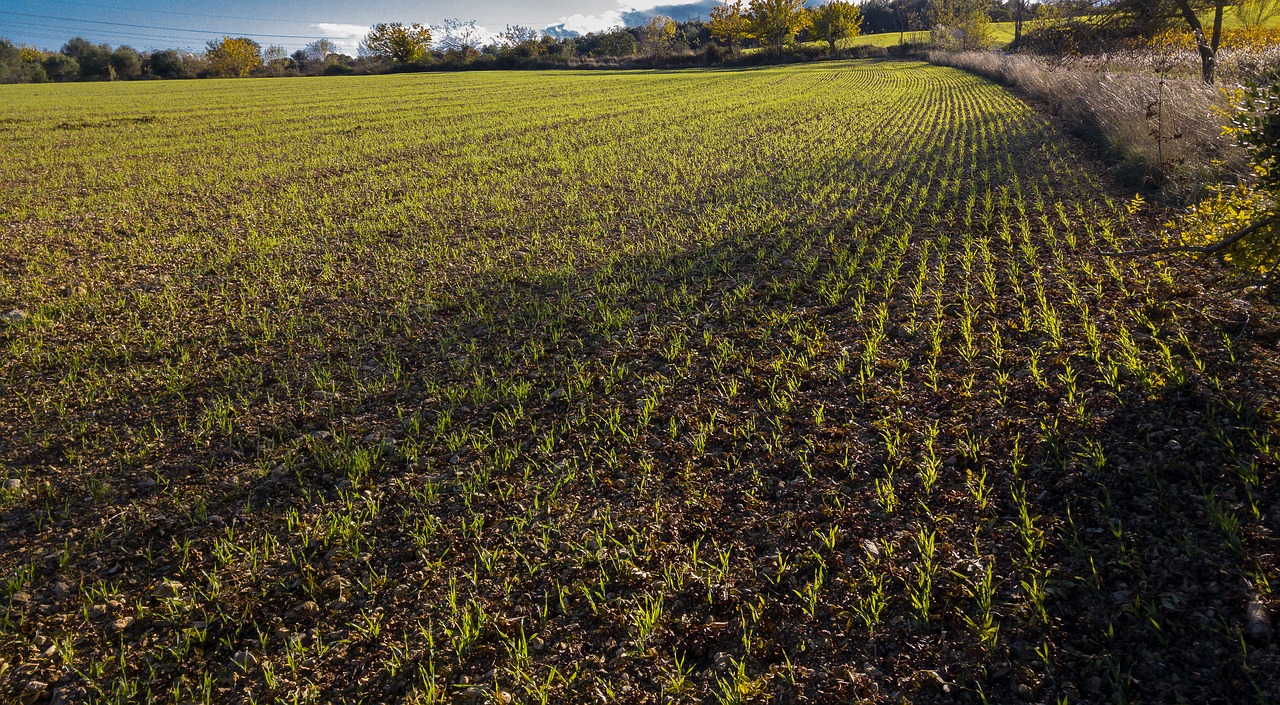
Double-Crop after Wheat?
Two crops in one year may sound tempting, and for some crop species is possible, but before doing so, producers should consider possible crops and compare the potential benefits with the drawbacks.
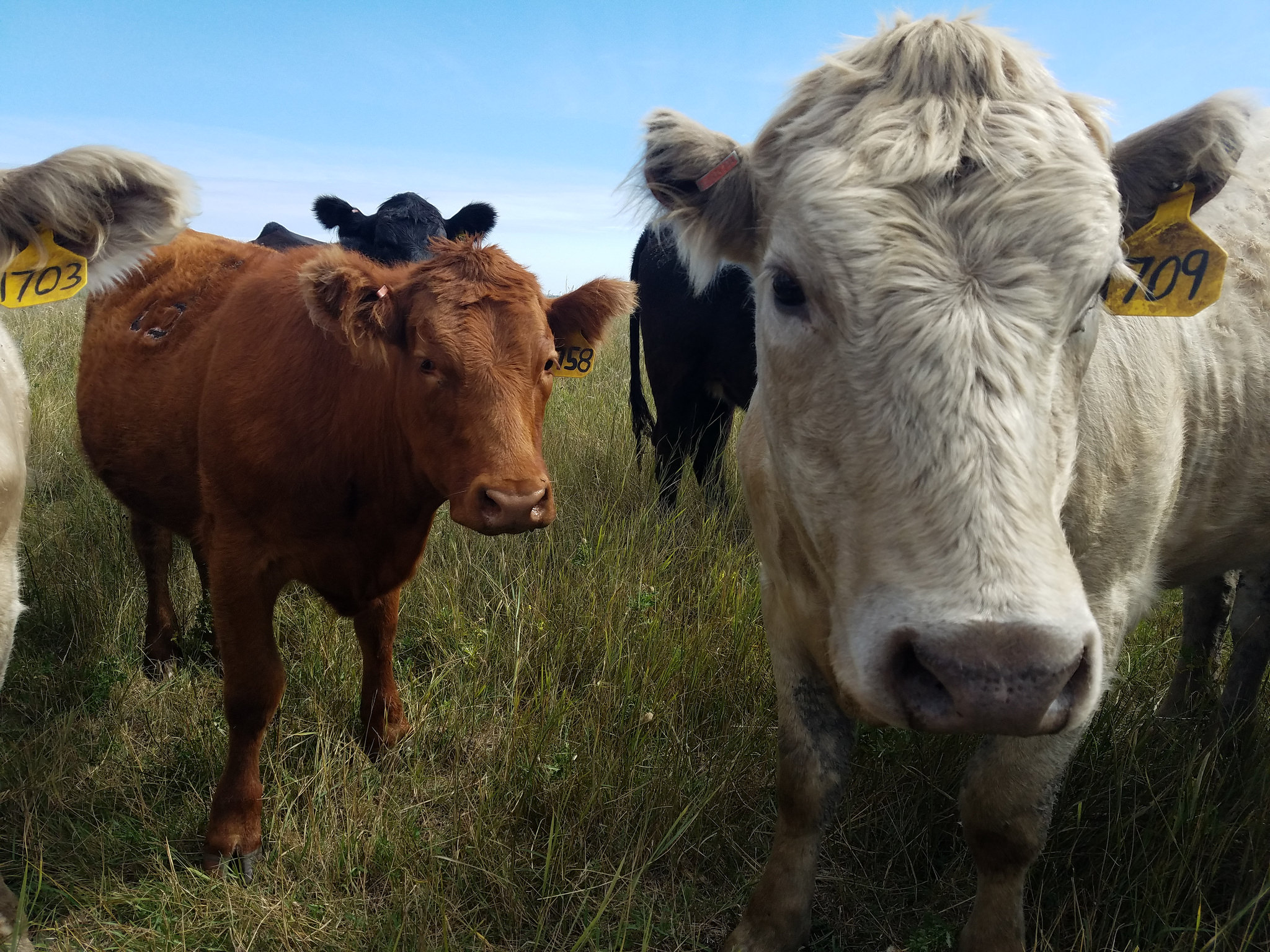
Feeding at the Right Price
Managing feedstuffs efficiently becomes more important during drought conditions or low revenue years.
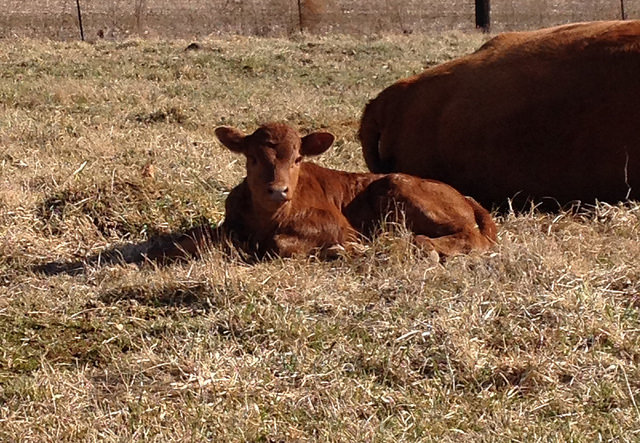
Early Weaning as a Drought Management Strategy
Successfully managing drought conditions requires balancing the amount of forage demanded by grazing livestock with the amount produced.
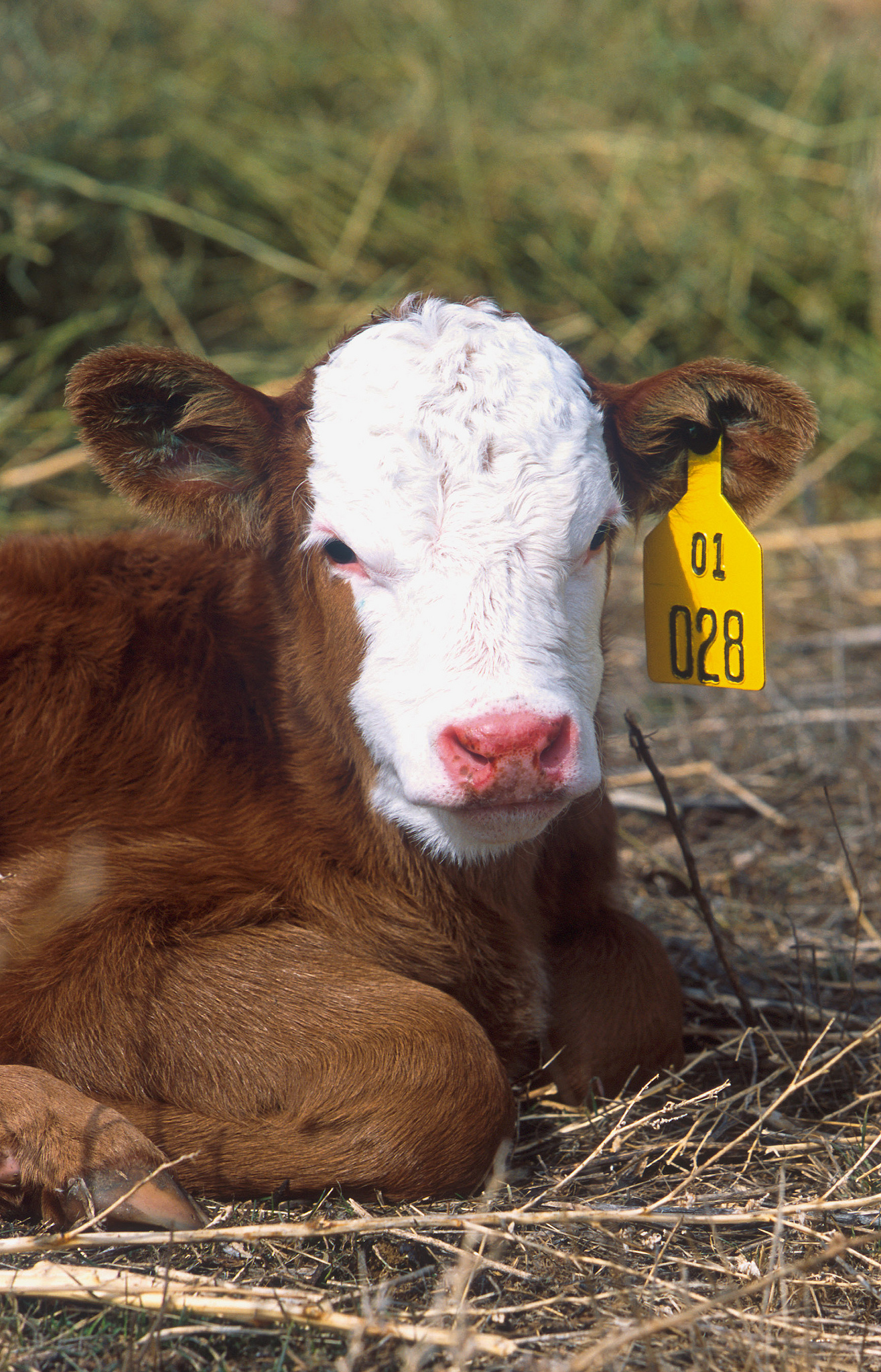
Economic Considerations for Early Weaning
There is an excellent reason why ranchers use early weaning as a drought management tool: Weaning calves early reduces the amount of feed required to maintain the cow.
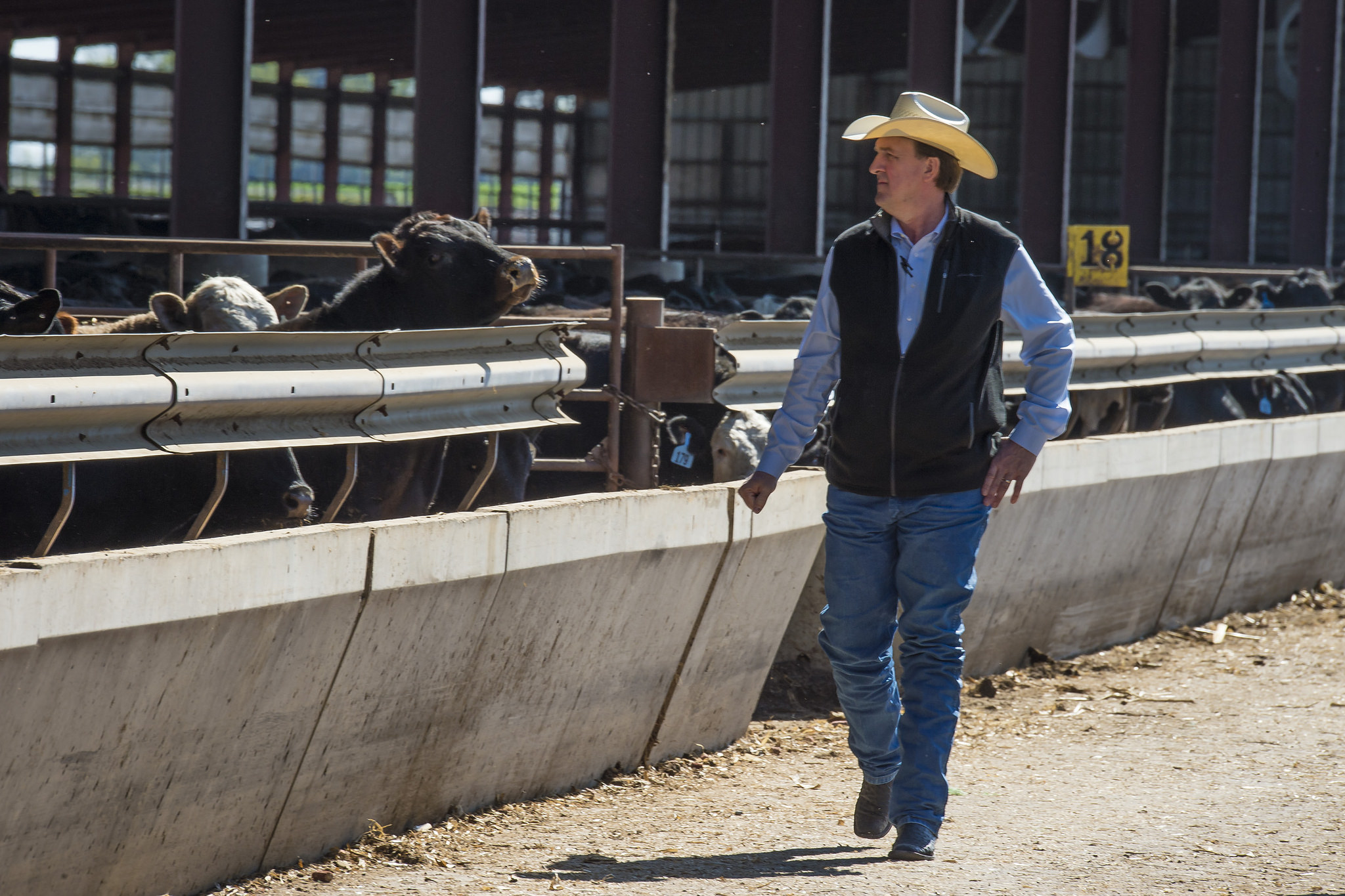
Making Use of “Ugly” Feeds
Feed does not have to be perfect to be useful. The key to making smart feeding decisions is knowing what the imperfections are and adjusting accordingly.

Creating a Secure Pork Supply Plan
African Swine Fever and preparing for foreign animal disease outbreaks is at the forefront of people’s minds. Your state animal health officials offer guidance for participating in the Secure Pork Supply (SPS) Plan. Let’s take a closer look at the critical steps in developing a personalized SPS Plan for Continuity of Business.
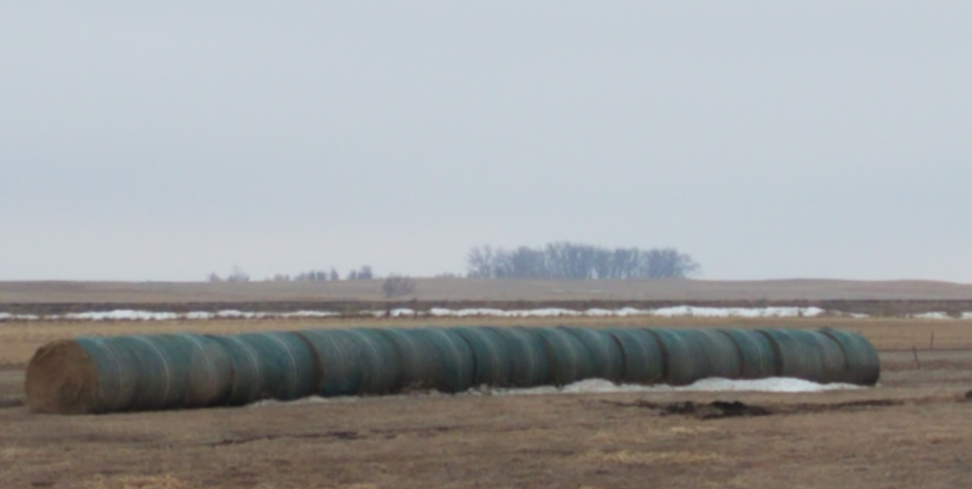
Resources and Options When Feed is Short
SDSU Extension offers resources to help producers find and evaluate feedstuffs to help meet their livestock’s needs.
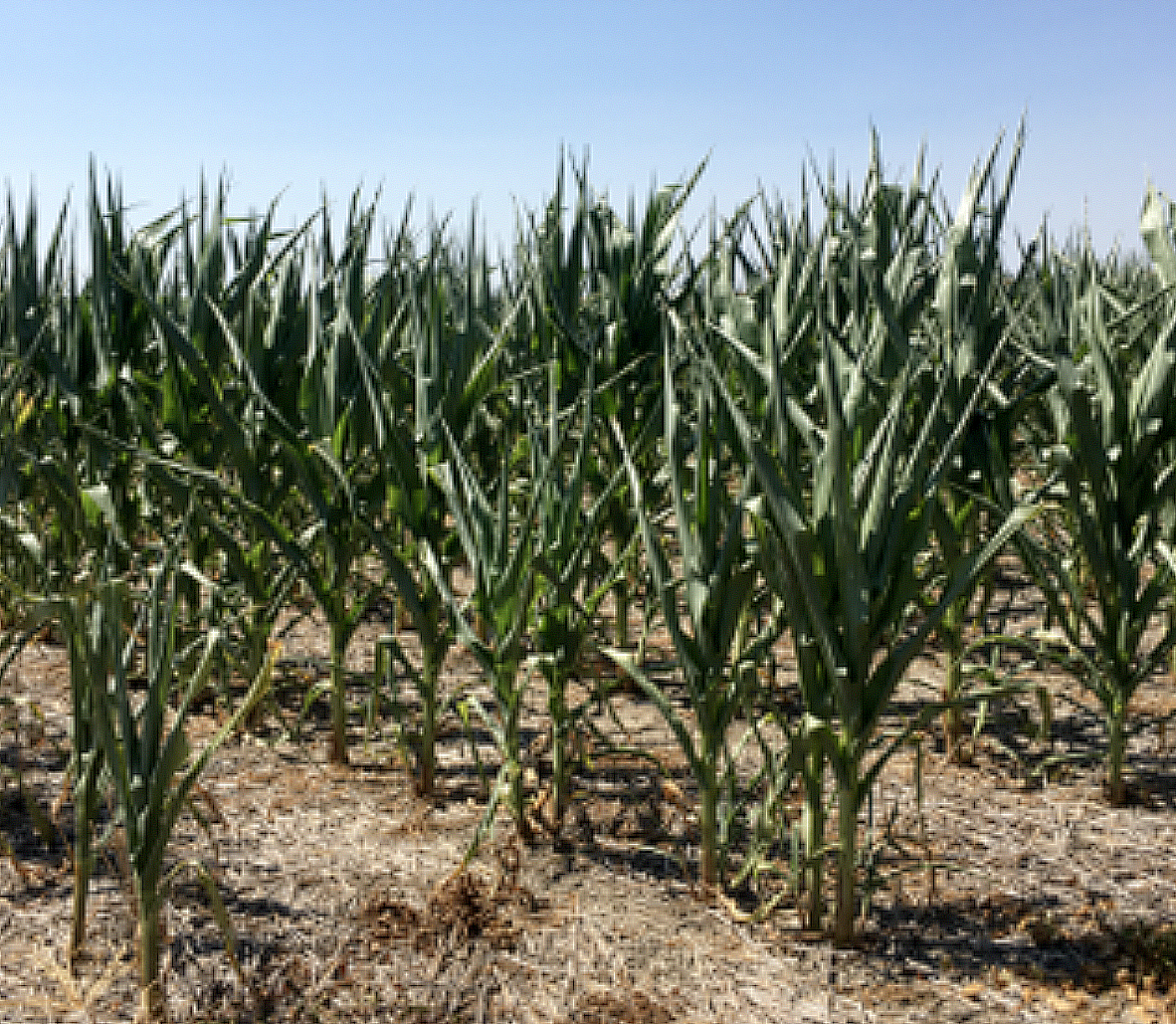
Using Drought-Stressed Corn as Forage
When drought has compromised tonnage of corn grain, silage producers may still retain part of its feeding value.
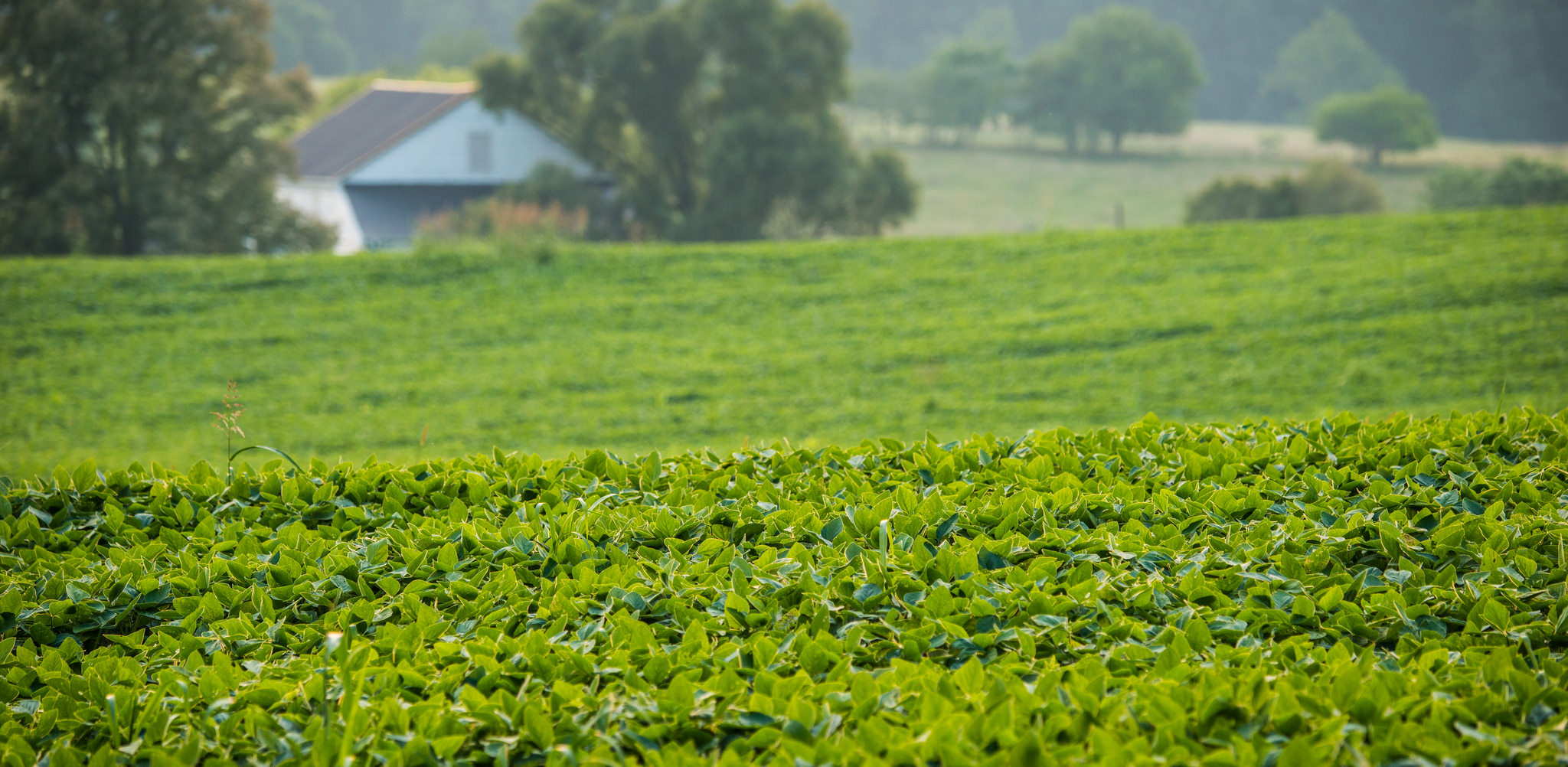
Soybeans & Sunflowers: Alternative Cattle Forages
Alternative forages like soybean silage or hay, and sunflower silage, can help stretch conventional forage supplies and help avoid overgrazing pasture.
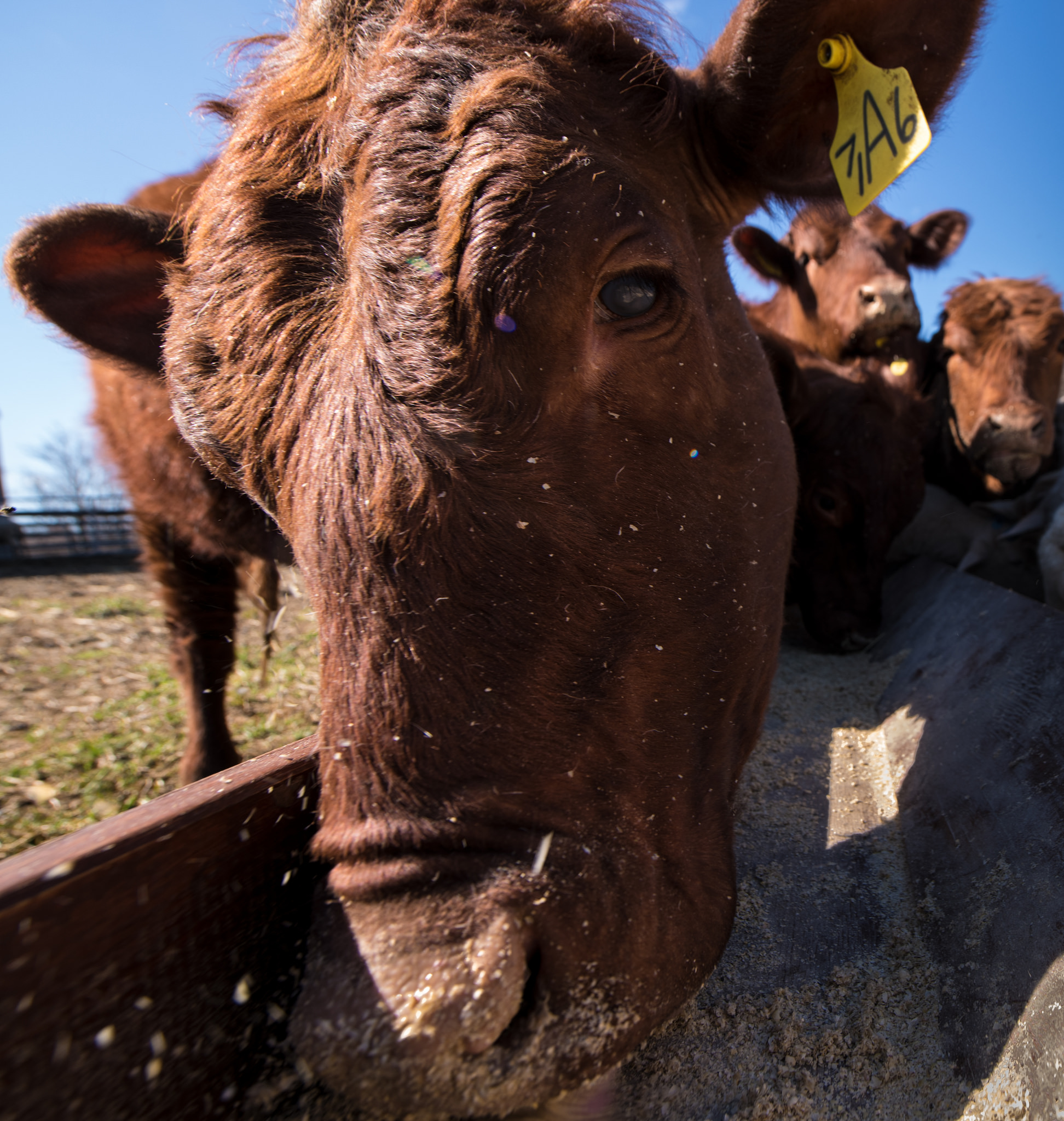
Limited Forage: What Are Some Alternatives?
Research has shown that a variety of feedstuffs can be utilized to meet the cows’ nutrient requirements with similar performance to hay or hay plus supplement ration.